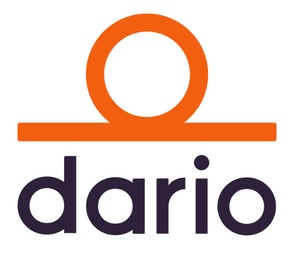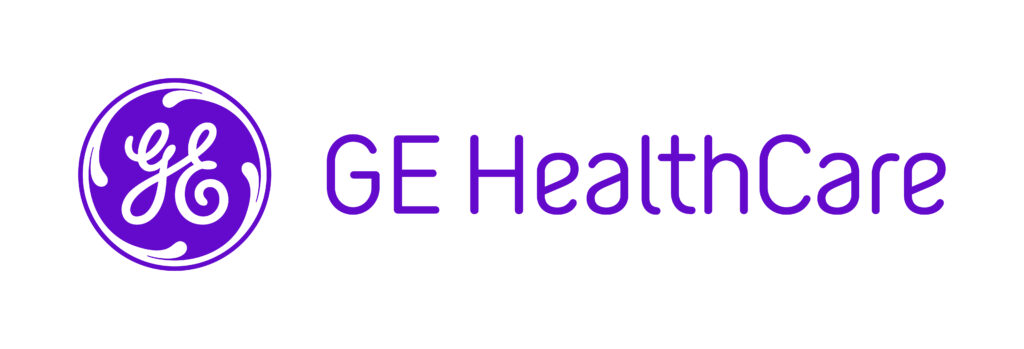 US State Department pays well for Big Breach information. Interestingly, this US agency through the Diplomatic Security Service has a special program, Rewards for Justice (RFJ), for cyberattacks that are deemed “malicious cyber activities against U.S. critical infrastructure in violation of the Computer Fraud and Abuse Act (CFAA)”. The activities of the now-disappeared (ha ha!) BlackCat/ALPHV ransomware-as-a-service (RaaS) group, identified on 29 February as the culprits in the massive Change Healthcare/Optum system takedown, are now listed as qualifying for a reward, presumably as disruptive to US healthcare and not just UnitedHealth Group. Contact Rewards for Justice via the Tor-based tips-reporting channel at: he5dybnt7sr6cm32xt77pazmtm65flqy6irivtflruqfc5ep7eiodiad.onion (Tor browser required). That is, if you dare! Rewards for Justice release, Becker’s
US State Department pays well for Big Breach information. Interestingly, this US agency through the Diplomatic Security Service has a special program, Rewards for Justice (RFJ), for cyberattacks that are deemed “malicious cyber activities against U.S. critical infrastructure in violation of the Computer Fraud and Abuse Act (CFAA)”. The activities of the now-disappeared (ha ha!) BlackCat/ALPHV ransomware-as-a-service (RaaS) group, identified on 29 February as the culprits in the massive Change Healthcare/Optum system takedown, are now listed as qualifying for a reward, presumably as disruptive to US healthcare and not just UnitedHealth Group. Contact Rewards for Justice via the Tor-based tips-reporting channel at: he5dybnt7sr6cm32xt77pazmtm65flqy6irivtflruqfc5ep7eiodiad.onion (Tor browser required). That is, if you dare! Rewards for Justice release, Becker’s
Six weeks later, most Change services are still X-d on the Optum Solution Status page. A quick rundown of the hundred or so programs that Change provides to enterprises has a long line of Xs with some triangles containing ! (partial outage) or yellow boxes (degraded performance). The green checkmarks are clustered in high-priority areas such as pharmacy solutions and clinical decision support. Otherwise, they are scattered across categories. The summary on the top of page (dropdown) lists workarounds for specific programs such as batch processing and transitioning over to Optum systems unaffected by the attack. This Editor bets that most of these Change legacy systems will come back only partially if at all–many will be abandoned and replaced by Optum systems. Hat tip to HIStalk 29 March
Risant Health, the non-profit community hospital system founded by but separate from Kaiser Permanente, has closed its acquisition of Pennsylvania-based Geisinger Health as of 2 April. Jaewon Ryu, MD, JD, currently Geisinger’s president and CEO, will move to CEO of Risant Health, with Terry Gilliland, MD, replacing him at Geisinger. The Risant plan announced last April is that Kaiser will fund $5 billion to Risant, which will acquire now four or five health systems over the next four to five years. The health systems will retain their names and operational areas. The purpose of Risant is to bring community systems it acquires greater access to capital, technology, and resources for facility improvements, innovation, and investment in patient care. Keeping an eye on 109-year-old Geisinger. Risant release
Mega e-prescription system Surescripts is exploring a sale. Silicon Valley investment bank TripleTree is handling the search for buyers. Currently, Surescripts is owned 50% by CVS Caremark and Cigna-owned Express Scripts, with two trade groups, the National Association of Community Pharmacies and the National Association of Chain Drug Stores, owning the other 50%. It isn’t disclosed in the Business Insider ‘reveal’ what group(s) is interested in selling all or part of its ownership. Since Surescripts holds 95% of the e-prescribing market, any buyer or investor would need be mega flush to buy into it.
 DarioHealth didn’t have a great 2023. Net revenue was down 23% versus 2022: $20.4 million to the prior year’s $27.7 million. The chronic condition management company managed to narrow its 2023 net loss of $59.4 million from $62.2 million in 2022. A lot of the problems seemed to center on their Q4, with net revenue that declined to $3.6 million from $6.8 million in Q4 2022 and a net loss that increased to $14.3 million from $12.6 million in Q4 2022. Dario’s gross profits for 2023 were down 38% to $6 million, a decrease of 38% versus 2022’s $9.7 million. The changing financial picture was attributed to a new private label platform with Aetna launching in 2024, changing from a B2C to a B2B2C model, and February’s “transformational acquisition” of Twill (Happify) in telemental health. As this Editor noted then, it was a feat of funding legerdemain that rivaled a Frank Lorenzo deregulation-era airline acquisition. Their information around 2023 earnings isn’t much different. Dario provides a combined app and in-person approach to musculoskeletal (MSK) therapy, diabetes (including GLP-1 drugs), hypertension, weight management, and behavioral health. Mobihealthnews, Dario release
DarioHealth didn’t have a great 2023. Net revenue was down 23% versus 2022: $20.4 million to the prior year’s $27.7 million. The chronic condition management company managed to narrow its 2023 net loss of $59.4 million from $62.2 million in 2022. A lot of the problems seemed to center on their Q4, with net revenue that declined to $3.6 million from $6.8 million in Q4 2022 and a net loss that increased to $14.3 million from $12.6 million in Q4 2022. Dario’s gross profits for 2023 were down 38% to $6 million, a decrease of 38% versus 2022’s $9.7 million. The changing financial picture was attributed to a new private label platform with Aetna launching in 2024, changing from a B2C to a B2B2C model, and February’s “transformational acquisition” of Twill (Happify) in telemental health. As this Editor noted then, it was a feat of funding legerdemain that rivaled a Frank Lorenzo deregulation-era airline acquisition. Their information around 2023 earnings isn’t much different. Dario provides a combined app and in-person approach to musculoskeletal (MSK) therapy, diabetes (including GLP-1 drugs), hypertension, weight management, and behavioral health. Mobihealthnews, Dario release
And speaking of pharmacy, Amazon Pharmacy expanded same-day medication-delivery offerings to NYC residents and the greater Los Angeles area. This adds to same-day prescription delivery available in Phoenix, Austin, Seattle, Indianapolis, Miami, and Texas, including free drone delivery in College Station. How it works: Amazon has small facilities and pharmacists near the areas, ready to fill and deliver medications in minutes using genAI and machine learning tools. Delivery in NYC/Manhattan will be by bike and in LA, electric vans or other commercial vehicles. (Editor’s note: bike delivery in the outer boroughs is like LA–impractical.) Amazon Prime members have additional benefits. Competition here are online companies like Mark Cuban Cost Plus and GoodRx’s prescription service. But perhaps it’s a good time to sell Surescripts? Mobihealthnews














Most Recent Comments